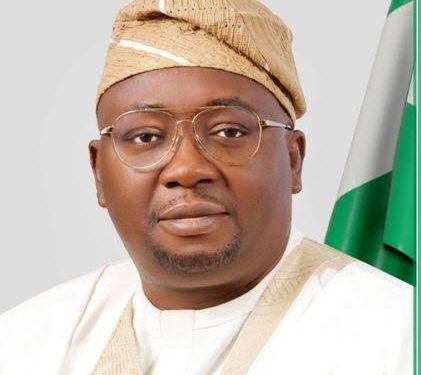The Federal Government of Nigeria has unveiled an ambitious plan to mobilize $32.8 billion in investments to support the Mission 300 Compact, a transformative initiative aimed at delivering electricity access to 300 million unserved people across Africa. Of the total amount, $15.5 billion is expected to come from private sector investors.
The announcement was made by Nigeria’s Minister of Power during the Mission 300 Stakeholders Engagement in Abuja. He emphasized that Nigeria’s leadership and commitment to the initiative are critical to unlocking economic growth and fast-tracking national development.
The Mission 300 Compact aligns with Nigeria’s broader Energy Compact, which seeks to achieve universal electricity access by 2030. The government is tackling long-standing power sector issues, including liquidity constraints, legacy debts, and infrastructure gaps. As of December 2024, the government owed about N4 trillion in unpaid subsidies to power generation companies, a burden that continues to strain sector performance.
To improve the situation, the government is pushing forward with several initiatives. These include the expansion of transmission infrastructure, stabilization of the national grid, and improvement of distribution systems. The Presidential Metering Initiative and the World Bank-backed Distribution Sector Recovery Program (DISREP) are central to these efforts.
The Minister also reaffirmed Nigeria’s commitment to the Dar es Salaam Energy Declaration, signed by President Bola Tinubu and 11 other African leaders in January 2025. The declaration outlines a shared goal of increasing electricity access across the continent by 4 to 9 percent annually and boosting clean cooking access from 22 to 25 percent each year.
The World Bank Group has already pledged support for the Mission 300 initiative. Speaking at the Mission 300 Africa Energy Summit in Tanzania, World Bank President Ajay Banga announced the institution’s commitment to helping halve Africa’s energy access gap by connecting 300 million people to electricity.
As part of the initial phase of implementation, the Nigerian government is constructing five new substations across the country’s geopolitical zones to enhance power transmission and distribution. In February 2025, the Chief Technical Adviser to the Minister of Power disclosed that over 150 million Nigerians currently have electricity access, with efforts ongoing to reach the remaining 86 million.
With broad support from stakeholders and a clear roadmap, the Mission 300 Compact represents a major step toward closing Africa’s energy access gap and driving inclusive development across the con
tinent.










